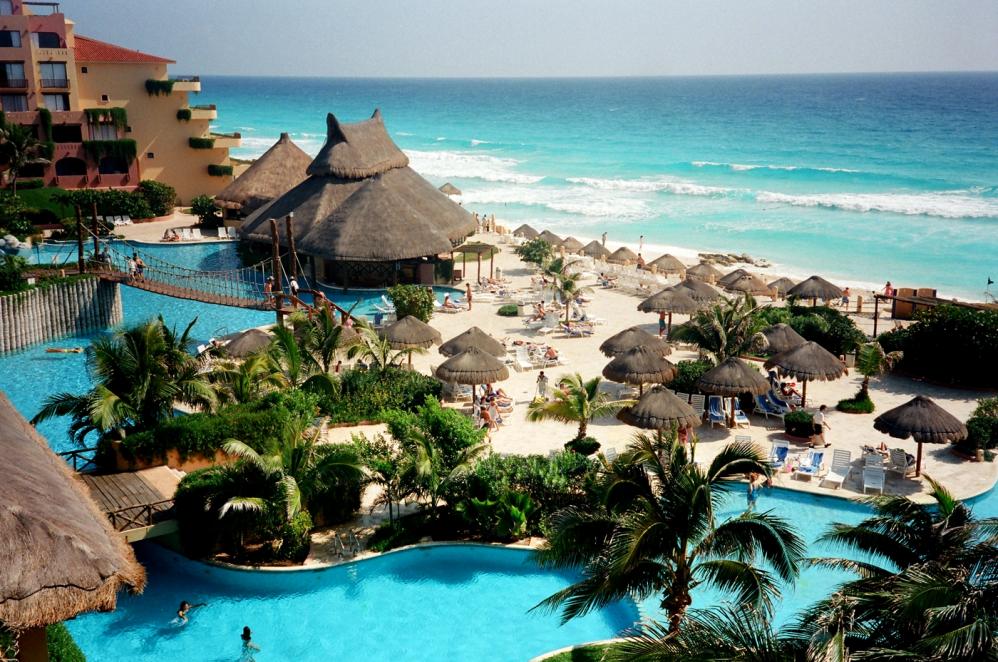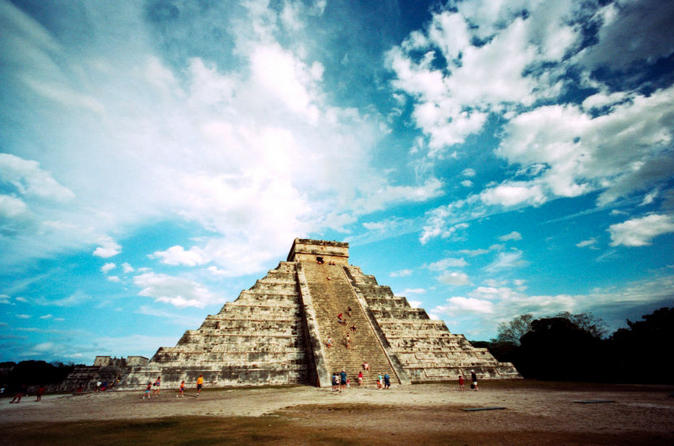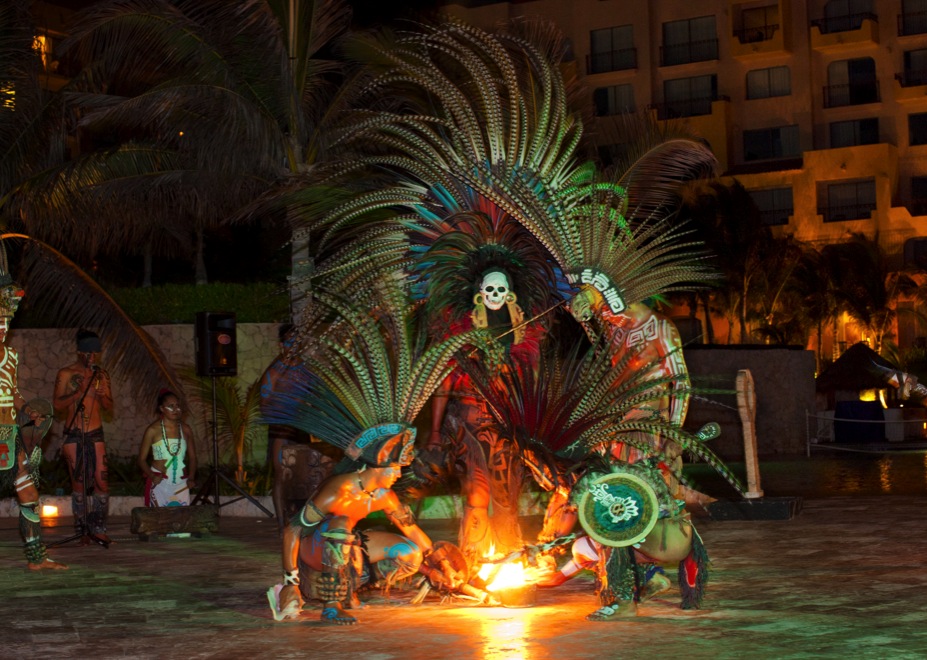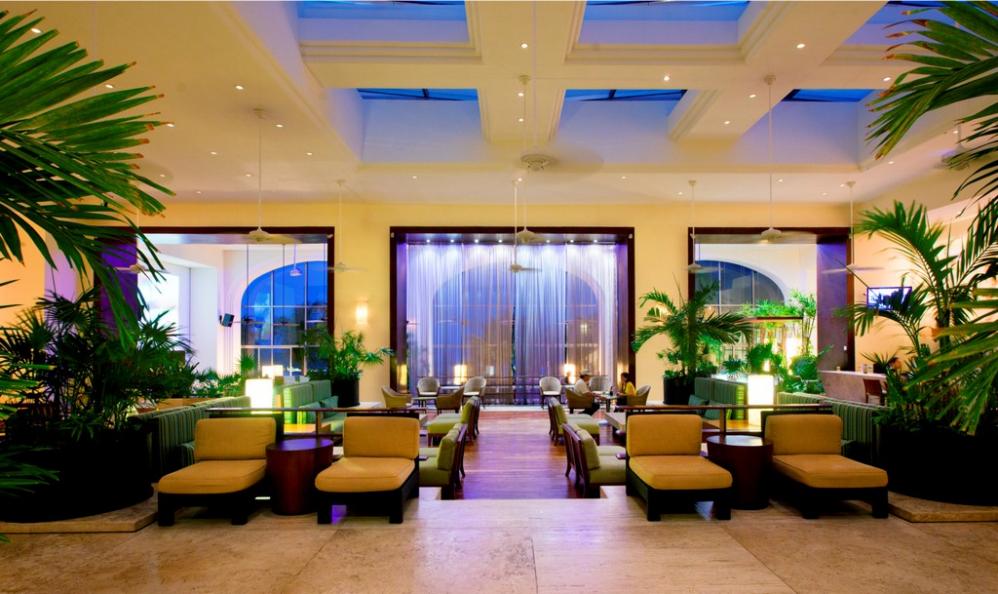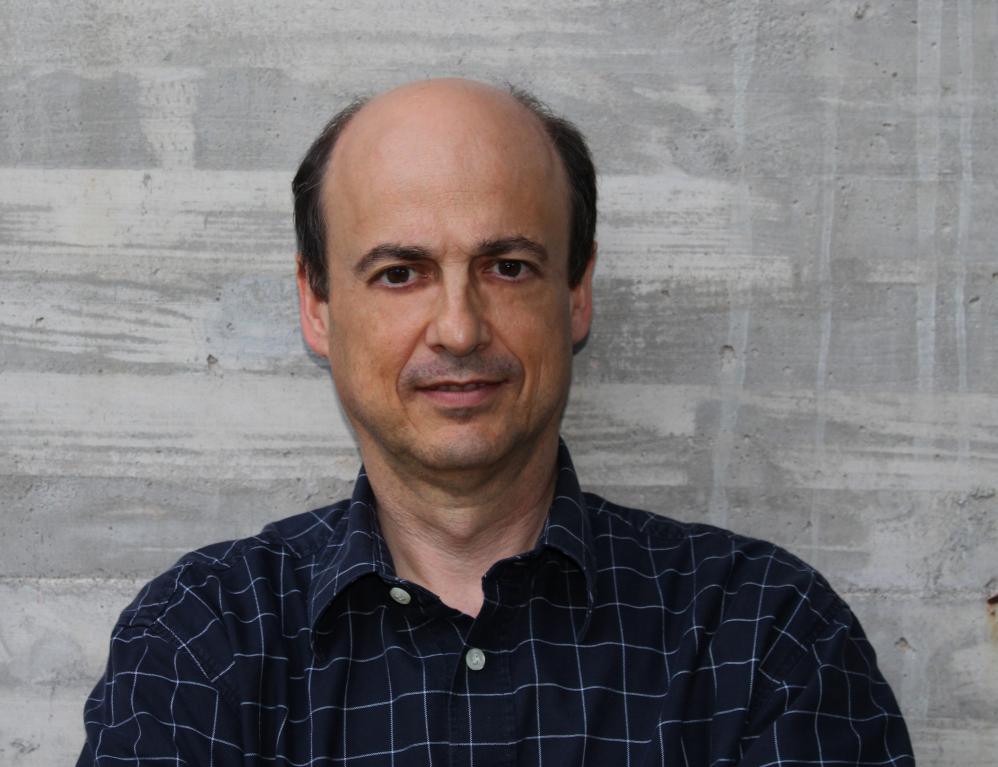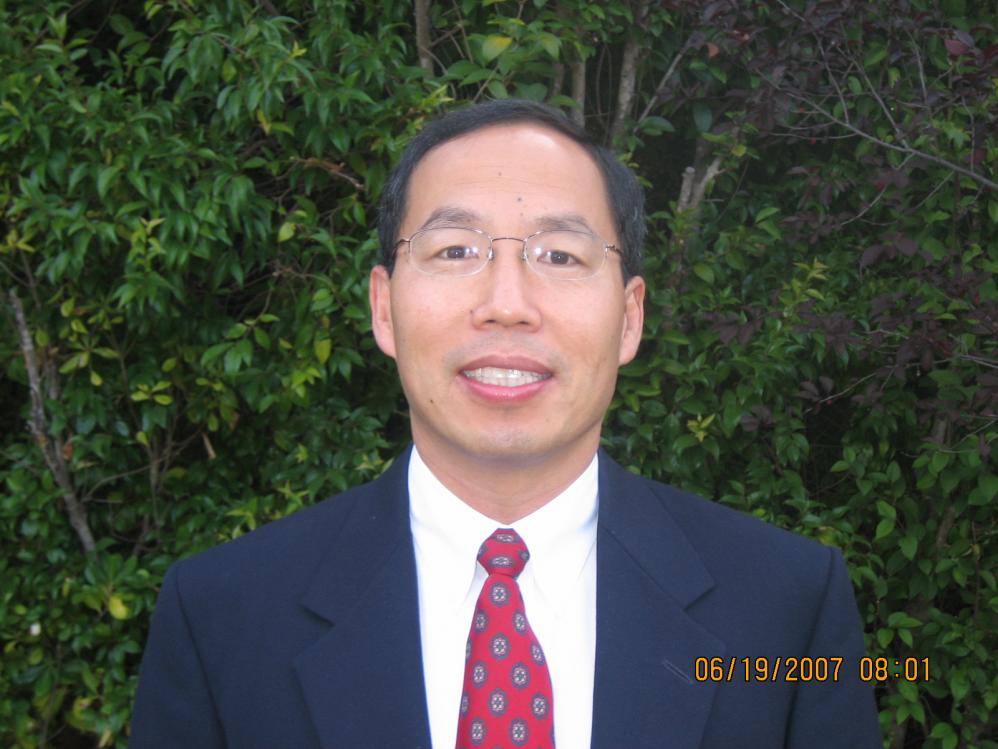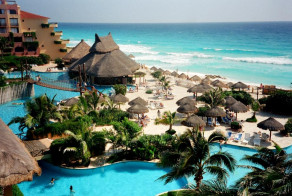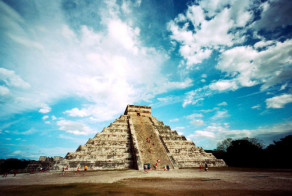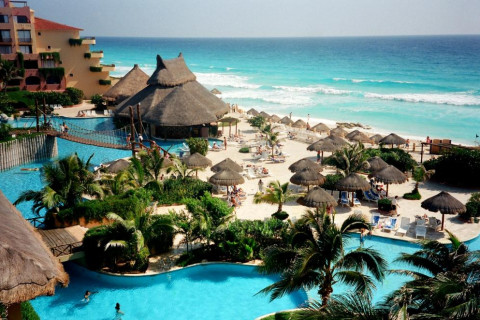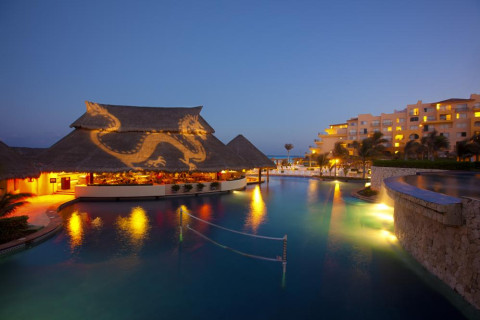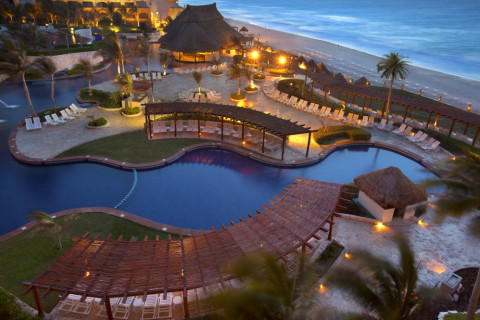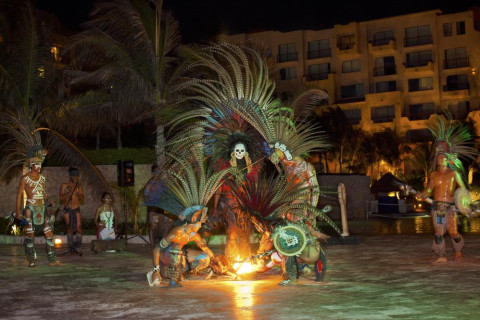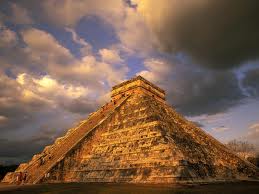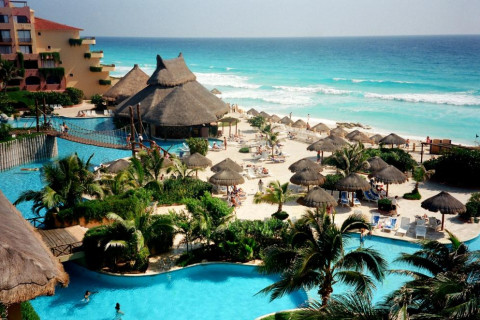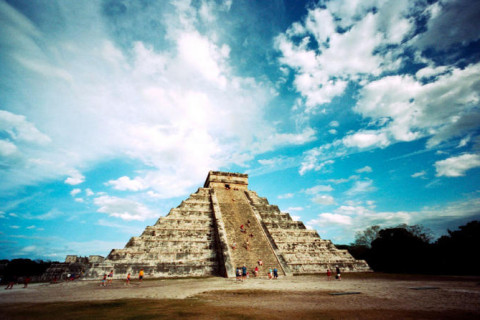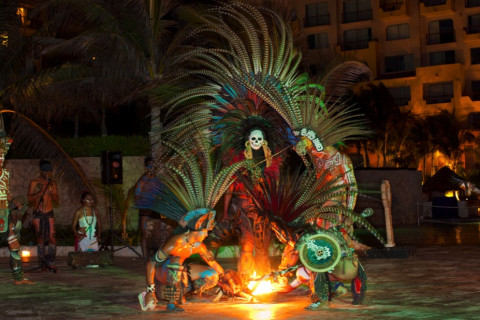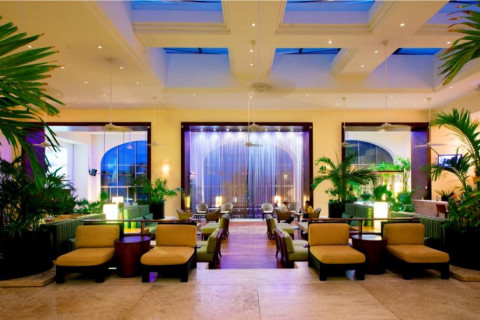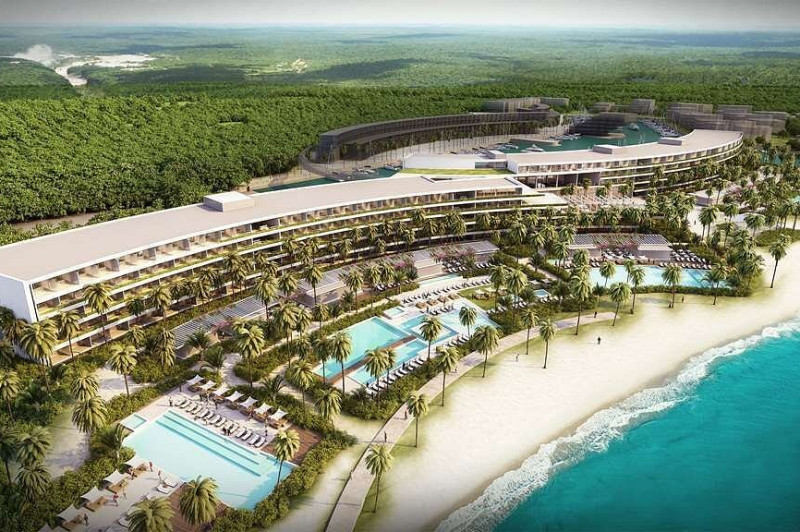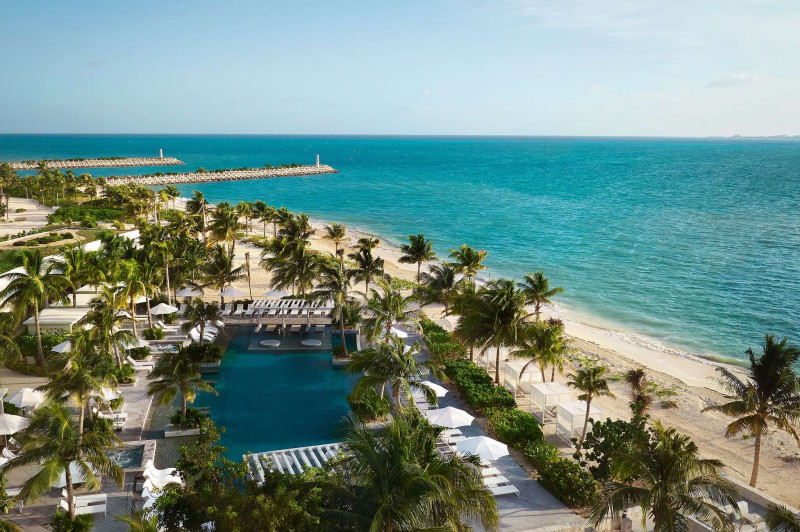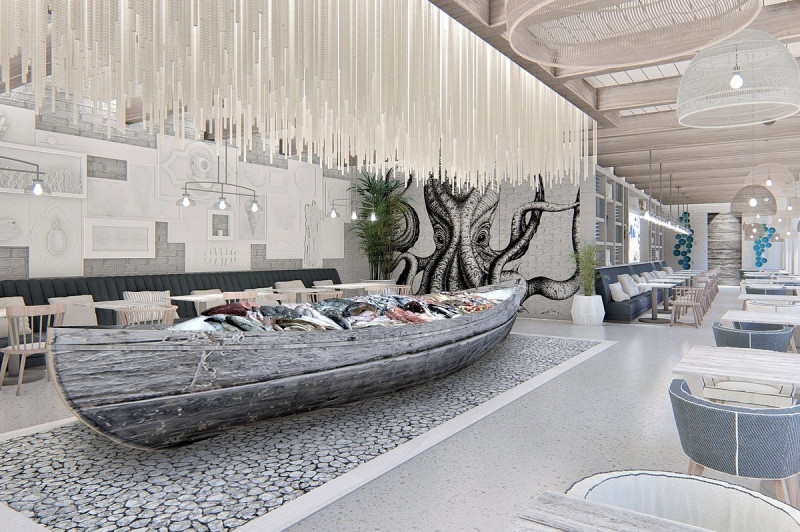- Home
- Past Conferences
- 3rd Molecules & Materials for Artificial Photosynthesis Conference
3rd Molecules & Materials for Artificial Photosynthesis Conference
02 Mar - 05 Mar 2018
Cancun, Mexico
Early Bird - Expired • Talk Submission - Expired • Poster Submission - Expired • Registration & Payment Deadline - Expired
Report
The third Molecules and Materials for Artificial Photosynthesis Conference focused on new developments in the areas of solar to fuel conversion and related molecular and material systems that have been attracting increasing attention such as new molecular catalysts based on transition metal complexes, organ-metal perovskites, plasmonic metal structures, semiconductor quantum dots, and catalysts based on metal or metal oxides. The meeting brought together experts in materials chemistry, physical chemistry, computational chemistry, materials science and engineering, physics, catalysis, spectroscopy. We saw more work at the interface between molecular systems and solid state systems in this meeting than in the two previous meetings, which is encouraging and fits the mission of the meeting well.
The meeting was chaired by Antoni Llobet (ICIQ, Spain) and Jin Zhang (UCSC, USA).
The first day focused on materials and fundamental issues related to light-matter interaction and some fundamental photophysical issues. The meeting was kicked off by keynote speaker, Prof. Dirk Guldi from The Friedrich Alexander University Erlangen-Numberg, on the topic of molecular singlest fission in pentacene materials. His talk was followed by invited talks by Dennis Friedrich from Helmholtz Zentrum Berlin, Victor Batista from Yale University, Yuan Ping from UCSC, Dongling Ma from INRS, Menny Shalom from Ben-Gurion University of Negev, Jason Cooper from LBNL, Coleman Kronawitter from UC Davis, Jungki Ryu from UNIST, Yung-Jung Hsu from National Chiao Tung University, Lichang Wang from SIU, and Tanja Cuk from UC Berkeley. There is a good mix between experiment and theoretical work presented.
The second day focused on water splitting with the first keynote talk given by Prof. Kirk Schanze from UT San Antonio on chromophore-catalyst assemblies for solar fuels. His talk was followed by invited talks given by Filippo De Angelis from CNR-ISTM, Greta Patzke from University of Zurich, Molly MacInnes from University of Michigan, Chris Barrett from McGill University, Daniel Strongin from Temple University, Mariachiara Pastore from CNRS, Say Ghosh from UC Merced, Gary Brudvig from Yale University, Albert Poater from University de Girona, Shuang Xiao from the Hong Kong UST, Kazuhiro Takanabe from JAUST, Craig Hill from Emory University, Ting-Hsuan Lai from National Chiao Tung University, and Xiaojun Lv from Technical Institute of Physics and Chemistry, China.
The first and second sessions of day three on CO2 conversion started with the keynote lecture by Osamu Ishitani from Tokyo Institute of Technology on photocatalytic CO2 conversion. This is followed by presentations from Victor de la Pena from IMDEA, Elizabeth Papish from the University of Alabama, Qingfeng Ge from SIU, Tong-Bu Lu from Sun Yat-Sen University, Felix Schneck from Georg-August-University Goettingen, Heinz Frei (keynote) from LBNL, James Muckerman from BNL, Takahiko Kojima from the University of Tsukuba, and Connie Lu from University of Minnesota.
The third session of day three focused on N2 fixation and conversion with presentations from Karen Mulfort from ANL, Xuan Zhao from University of Memphis, Etsuko Fujita from BNL, Sven Schneider from University of Gottingen, and Sebastian Sprick from University of Liverpool.
The morning sessions on day four started with a keynote presentation by Ron Naaman from Weizmann Institute of Science on the role of the electron spin polarization in water splitting. His talk was followed by presentations by Jin Zhang from UCSC, Fabio Di Fonzo from Instituto Italiano di Technologia, Lionel Vayssieres from Xi-an Jiaotong University, Idan Hod from Ben-Gurion University of the Negev, Gary Moore from ASU, and Philippe Schild from the European Commission. Philippe spoke about mission innovation change converting sunlight from the perspective of the European Union.
Three poster presentations were given and all received poster awards: Hiroki Koizumi, Keisuke Obata, and Muhammad Qureshi. The Royal Society of Chemistry and Fusion Conferences kindly sponsored the poster prizes. In addition, four awards were given to short talk speakers.
The meeting was highly interactive with enthusiastic question and answer sessions following each talk. In particular, there was good interaction among researchers including younger faculty, postdocs, and graduate students. There is a good feel if diversity in the attendees and topics presented, still with a unifying theme in relation to the conference topic of focus. This meeting remains unique with respect to the breadth of participants and focus on new approaches to artificial photosynthesis.
We would like to thank our sponsors and media partners: the Royal Society of Chemistry and their following journals; Photochemical and Photobiological Sciences, Molecular Systems Design & Engineering, Sustainable Energy & Fuels, Energy & Environmental Science and the Journal of Material Chemistry A and the International Society of Photosynthesis Research.
Synopsis
The replacement of fossil fuels by a clean and renewable energy source is one of the most urgent and challenging issues our society is facing today, which is why intense research is devoted to this topic recently. Nature has been using sunlight as the primary energy input to oxidize water and generate carbohydrates (a solar fuel) for over a billion years. Inspired, but not constrained, by nature, artificial systems can be designed to capture light and oxidize water and reduce protons or other organic compounds to generate useful chemical fuels. Significant progress has been made recently in artificial photosynthesis based on molecular chemistry and material science. However, developments in these two areas have occurred more independently than what is perhaps desired. In the present meeting, we will bring together researchers in these two scientific communities to explore possible synergistic effects of “fusion” between molecular and materials systems.
Key Sessions
- fundamentals of light capturing and conversion
- water oxidation catalysis
- proton and CO2 reduction catalysis
- interfacing molecules and materials for photosynthesis
- complete cells for the generation of solar fuels
Target Audience
This conference will appeal to researchers from both molecular and materials communities interested in the latest findings for artificial photosynthesis. We expect to see attandance from Professors, Postdocs and Graduate Students from across these disciplines.
Learning Objectives
To exchange ideas and get updated on the state-of-the art of the field of artificial photosynthesis based on molecular and bulk as well as nanostructured materials.
Student Bursaries Available!
We have $800 student awards available. Please submit an abstract via email (admin@fusion-conferences.com), for short-talk or poster consideration, before November 30th. The chairs will select the successful students shortly after this date.
2018 MMAP Poster & Oral Presentation Prizes
The conference chairs will be awarding 3 poster cash prizes and 3 oral presentation cash prizes at the meeting. To be in with a chance of winning, please submit your abstract before the appliciable deadlines.
Student Offer
Take advantage of this fantastic opportunity for students! Register an academic at the standard rate of $1,798 and bring a student for only $745. Unfortunately, Postdocs are not eligible. Both registration packages include; accommodation for the 02, 03, 04 March 2018 (on a shared basis for students, note guest rooms are open plan) and a 24hour all-inclusive food and beverage package for the conference period. Once registered, please contact Jack Peters (jack@fusion-conferences.com) to obtain a special registration link for your student.
Confirmed Plenary Speakers
Heinz Frei (Lawrence Berkeley National Laboratory)
HIERARCHICAL NANOSCALE ASSEMBLIES FOR THE PHOTOCATALYTIC REDUCTION OF CO2 BY H2O
Dirk Guldi (Friedrich Alexander University Erlangen-Nürnberg)
MOLECULAR SINGLET FISSION IN PENTACENE MATERIALS
Osamu Ishitani (Tokyo Institute of Technology)
PHOTOCATALYTIC CO2 REDUCTION
Ron Naaman (Weizmann Institute of Science)
THE ROLE OF THE ELECTRON SPIN POLARIZATION IN WATER SPLITTING
Kirk Schanze (University of Texas at San Antonio)
CHROMOPHORE-CATALYST ASSEMBLIES FOR SOLAR FUELS
Fuxiang Zhang (Dalian Institute of Chemical Physics)
SOLAR OVERALL WATER SPLITTING TO PRODUCE HYDROGEN USING POWDER PHOTOCATALYSTS
Confirmed Invited Speakers
Victor Batista (Yale University)
Gary Brudvig (Yale University)
MOLECULAR CATALYSTS FOR WATER OXIDATION
Neelu Chouhan (University of Kota)
Jason Cooper (Lawrence Berkeley National Laboratory)
NEW PERSPECTIVES ON THE TRANSIENT ABSORPTION SPECTRUM OF MATERIALS
Tanja Cuk (UC Berkeley)
OBSERVING THE MOLECULAR AND DYNAMIC PATHWAY OF WATER OXIDATION AT SURFACES
Filippo De Angelis (CNR-ISTM)
ORIGIN OF HIGH OPEN CIRCUIT VOLTAGE IN METAL-HALIDE PEROVSKITE SOLAR CELLS EMPLOYED IN PV-DRIVEN WATER SPLITTING
Victor de la Pena (IMDEA)
NEW ADVANCES IN CO2 PHOTOREDUCTION VI ARTIFICIAL PHOTOSYNTHESIS
Fabio Di Fonzo (Istituto Italiano di Tecnologia)
Dennis Friedrich (Helmholtz Zentrum Berlin)
CHARGE CARRIER DYNAMICS IN METAL OXIDES ABSORBERS FOR SOLAR FUEL PRODUCTION
Etsuko Fujita (Brookhaven National Laboratory)
HYDROGEN PRODUCTION AND STORAGE
Qingfeng Ge (Southern Illinois University)
TURNING THE OXYGEN AFFINITY FOR SELECTIVE ELECTROCHEMICAL REDUCTION OF CO2
Sayantani Ghosh (UC Merced)
PHOTOCATALYTIC WATER-SPLITTING DRIVEN BY PLASMONIC INTERACTIONS IN N-TYPE LOW DIMENSIONAL SEMICONDUCTORS INTERFACED WITH METALLIC NANOPARTICLES
Craig Hill (Emory University)
Idan Hod (Ben-Gurion University of the Negev)
Yung-Jung Hsu (National Chiao Tung University)
SEMICONDUCTOR NANOHETEROSTRUCTURES FOR PHOTOCONVERSION APPLICATIONS
Takahiko Kojima (The University of Tsukuba, Japan)
PHOTOCATALYTIC CO2 REDUCTION AND H2 EVOLUTION USING Ni(II) COMPLEXES AS CATALYSTS
Coleman Kronawitter (University of California, Davis)
Connie Lu (University of Minnesota)
INNOVATING BIMETALLIC ACTIVE SITES FOR SMALL-MOLECULE CATALYSIS
Tong-Bu Lu (Sun Yat-Sen University)
SYNTHESIS, STRUCTURE AND WATER SPLITTING PROPERTIES BASED ON GRAPHDIYNE MATERIAL
Xiaojun Lv (Technical Institute of Physics and Chemistry)
ENHANCED WATER SPLITTING ACTIVITY USING THE NOBLE METAL FREE CATALYSTS
Dongling Ma (Institut national de la recherche scientifique)
Gary Moore (Arizona State University)
MOLECULAR SURFACE COATINGS FOR APPLICATIONS IN ARTIFICIAL PHOTOSYNTHESIS
James Muckerman (Brookhaven National Laboratory)
DEVELOPMENT OF A DFT MODEL OF THE MECHANISM OF SYNGAS PRODUCTION BY [Ru(tpy)(Mebim-py)(OH2)]2+ (tpy = 2,2′:6′,2′′-terpyridine; Mebim-py = 3-methyl-1-pyridyl-benzimidazol-2-ylidene) IN WATER
Karen Mulfort (Argonne National Laboratory)
MECHANISTIC INSIGHT INTO H2 PHOTOCATALYSIS BY A MOLECULAR COBALT MACROCYCLE
Elizabeth Papish (The University of Alabama)
CARBON DIOXIDE REDUCTION USING EARTH ABUNDANT METALS AND PROTON RESPONSIVE PYRIDINOL BASED PINCER LIGANDS
Mariachiara Pastore (Université de Lorraine & CNRS)
FIRST PRINCIPLE MODELING OF MATERIALS AND INTERFACES FOR SOLAR WATER SPLITTING
Greta Ricarda Patzke (University of Zurich)
COBALT-BASED CUBANE WATER OXIDATION CATALYSTS WITH EDGE-SITE MOTIFS: BRINDGING THE GAP BETWEEN MOLECULAR AND HETEROGENEOUS CATALYSIS)
Yuan Ping (UC Santa Cruz)
LIGHT ABSORBERS, INTERFACES AND CATALYSTS FOR SOLAR-TO-FUEL CONVERSION: FIRST-PRINCIPLES CALCULATIONS
Albert Poater (Universitat de Girona)
HOW THE O-O BOND FORMATION TAKES PLACES IN HOMOGENEOUS WOC
Jungki Ryu (UNIST)
MODULAR PHOTOELECTROCHEMICAL DEVICES FOR SOLAR-TO-CHEMICAL CONVERSION
Philippe Schild (European Commission)
MISSION INNOVATION CHALLENGE CONVERTING SUNLIGHT: THE WAY FORWARD FROM THE EUROPEAN UNION PERSPECTIVE
Sven Schneider (University of Göttingen)
CHEMICAL TRANSFORMATIONS OF N2
Menny Shalom (Ben-Gurion University of the Negev)
GRAPHITIC CARBON NITRIDE LAYERS AS LIGHT-HARVESTING SEMICONDUCTORS FOR PHOTOELECTROCHEMICAL CELLS
Daniel Strongin (Temple University)
THEORY AND COMPUTATION WORKING WITH EXPERIMENT TO UNDERSTAND AND IMPROVE WATER SPLITTING CATALYSIS
Kazuhiro Takanabe (KAUST)
Lionel Vayssieres (Xi’an Jiaotong University, China)
ON THE STABILITY & PERFORMANCE OF LOW-COST DEVICES FOR SOLAR HYDROGEN GENERATION
Lichang Wang (Southern Illinois University)
UNDERSTANDING AND DESIGNING WANNIER EXCITONS IN ORGANIC MOLECULES
Shuang Xiao (Hong Kong University)
NANOMATERIAL STRUCTURES AND INTERFACES FOR SOLAR FUEL PRODUCTION
Xuan Zhao (University of Memphis)
ELECTRONIC AND STERIC EFFECTS ON CATALYTIC H2 PRODUCTION BY COBALT COMPLEXES WITH PENTADENTATE LIGANDS
Confirmed Speakers
Chairs
Plenary Speakers
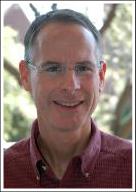
Kirk Schanze
Distinguished Professor, University of Texas at San Antonio

Osamu Ishitani
Professor, Tokyo Institute of Technology
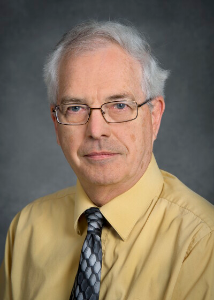
Heinz Frei
Senior Scientist, Lawrence Berkeley National Laboratory

Dirk Guldi
Professor, University of Erlangen
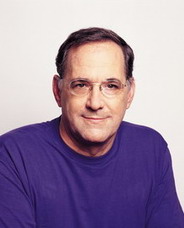
Ron Naaman
Professor, Weizmann Institute
Invited Speakers
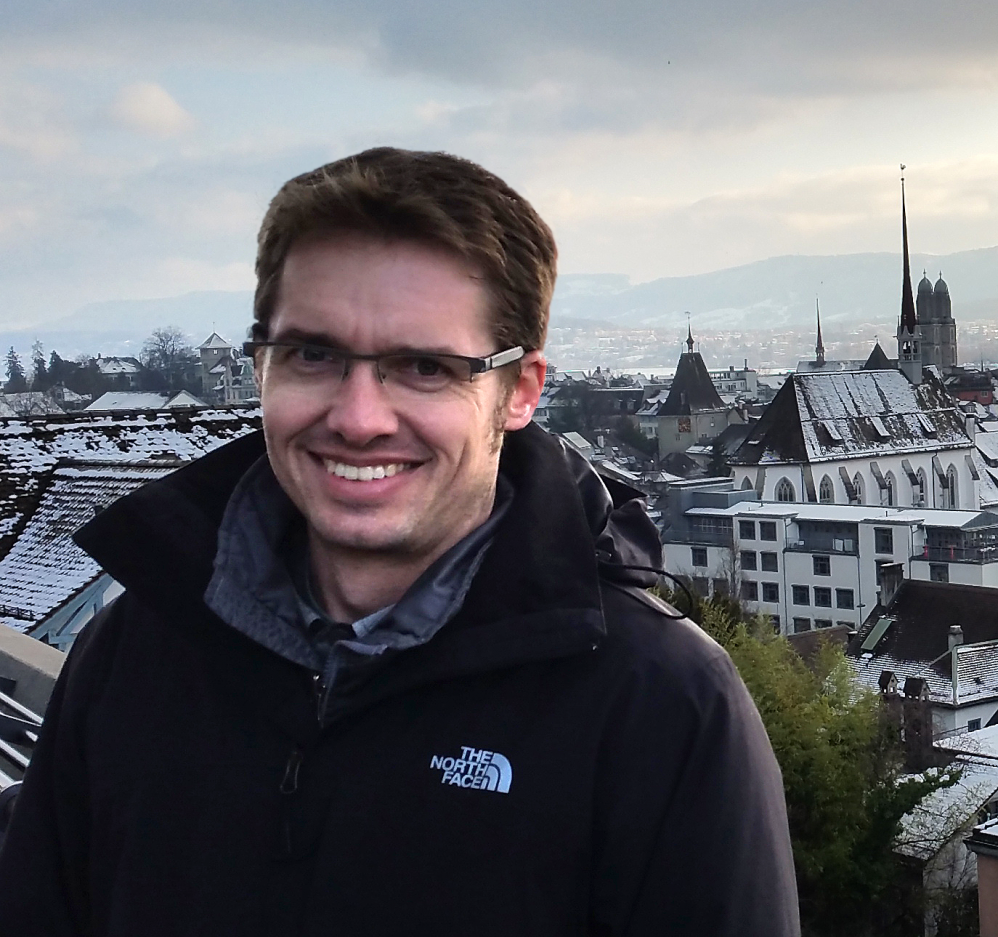
Jason Cooper
Research Scientist, Lawrence Berkeley National Laboratory
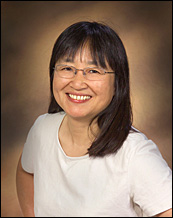
Etsuko Fujita
Senior Chemist, Group Leader, Brookhaven National Laboratory
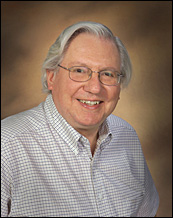
James Muckerman
Senior Chemist Emeritus, Brookhaven National Laboratory
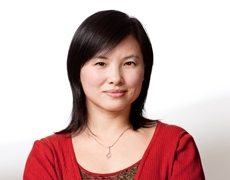
Dongling Ma
Prof., Institut National de la Recherche Scientifique (INRS)
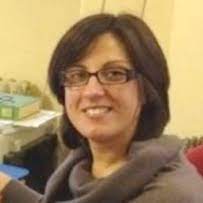
Mariachiara Pastore
Researcher, University of Lorraine & CNRS
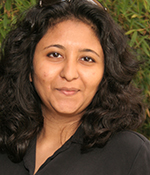
sayantani ghosh
Associate Professor, University of California Merced
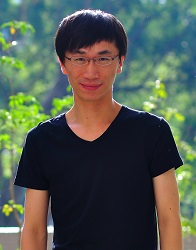
Yung-Jung Hsu
Professor, National Chiao Tung University
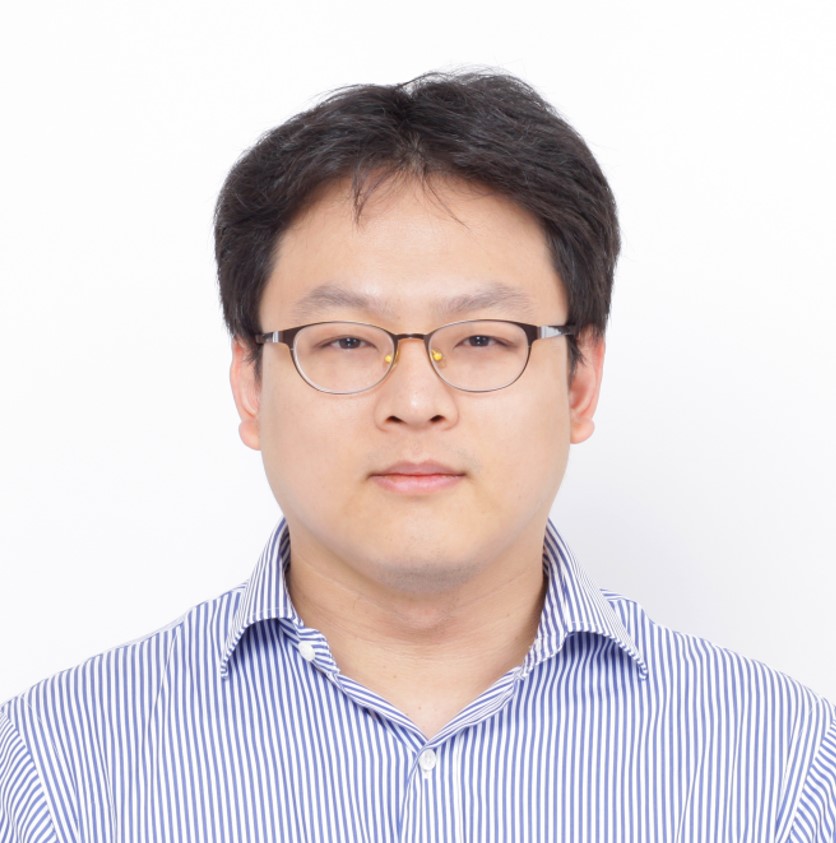
Jungki Ryu
Assistant Professor, Ulsan National Institute of Science and Technology (UNIST)

Takahiko Kojima
Professor, University of Tsukuba
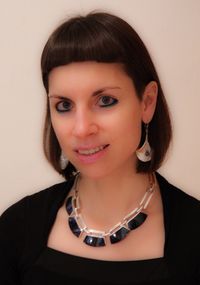
Greta Ricarda Patzke
Inorganic Chemistry, University of Zurich
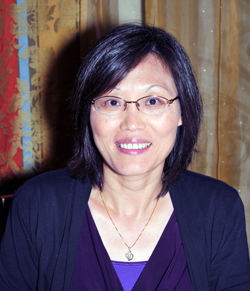
Lichang Wang
Professor, Southern Illinois University
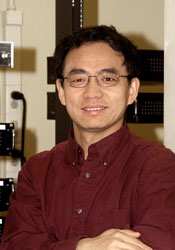
Qingfeng Ge
Professor, Southern Illinois University
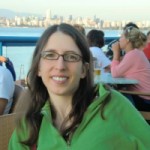
Elizabeth Papish
Associate professor, The University of Alabama
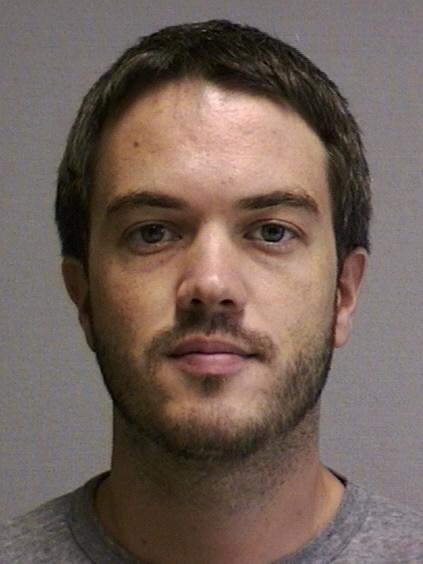
Dennis Friedrich
Staff Scientist, Helmholtz-Zentrum Berlin
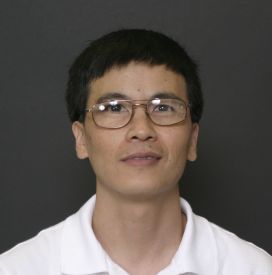
Xuan Zhao
Assist Prof, University of Memphis
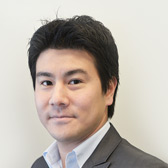
Kazuhiro Takanabe
Professor, KAUST
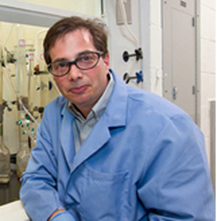
Daniel Strongin
Professor, Temple University
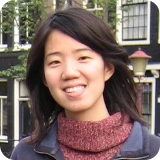
Connie Lu
Assistant Professor, University of Minnesota, Twin Cities
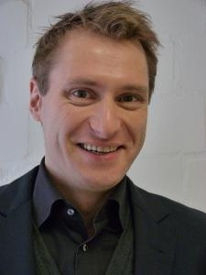
Sven Schneider
Professor, Georg-August-Universität
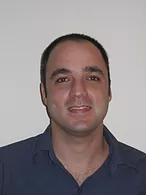
Menny Shalom
Faculty Member, Ben-Gurion University of the Negev, Beer-Sheva
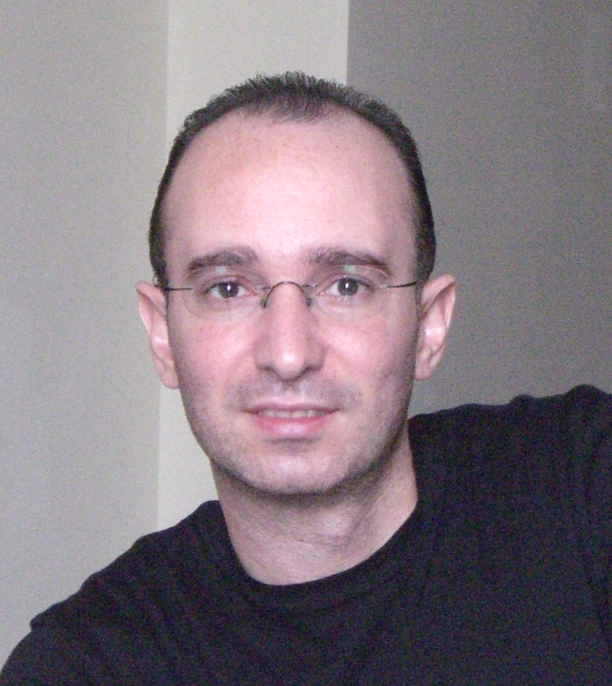
Lionel Vayssieres
Thousand Talent Scholar, Xian Jiaotong University
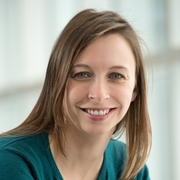
Karen Mulfort
Chemist, Argonne National Laboratory
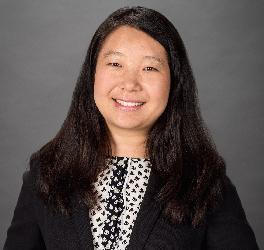
Yuan Ping
Assistant Professor, University of California Santa Cruz
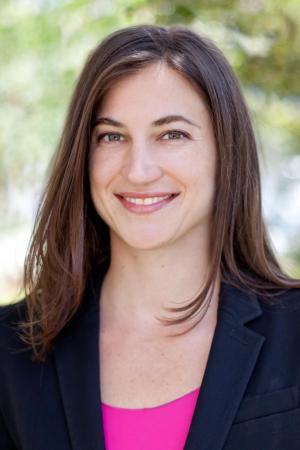
Tanja Cuk
Associate Professor, Chemistry Department, CU Boulder
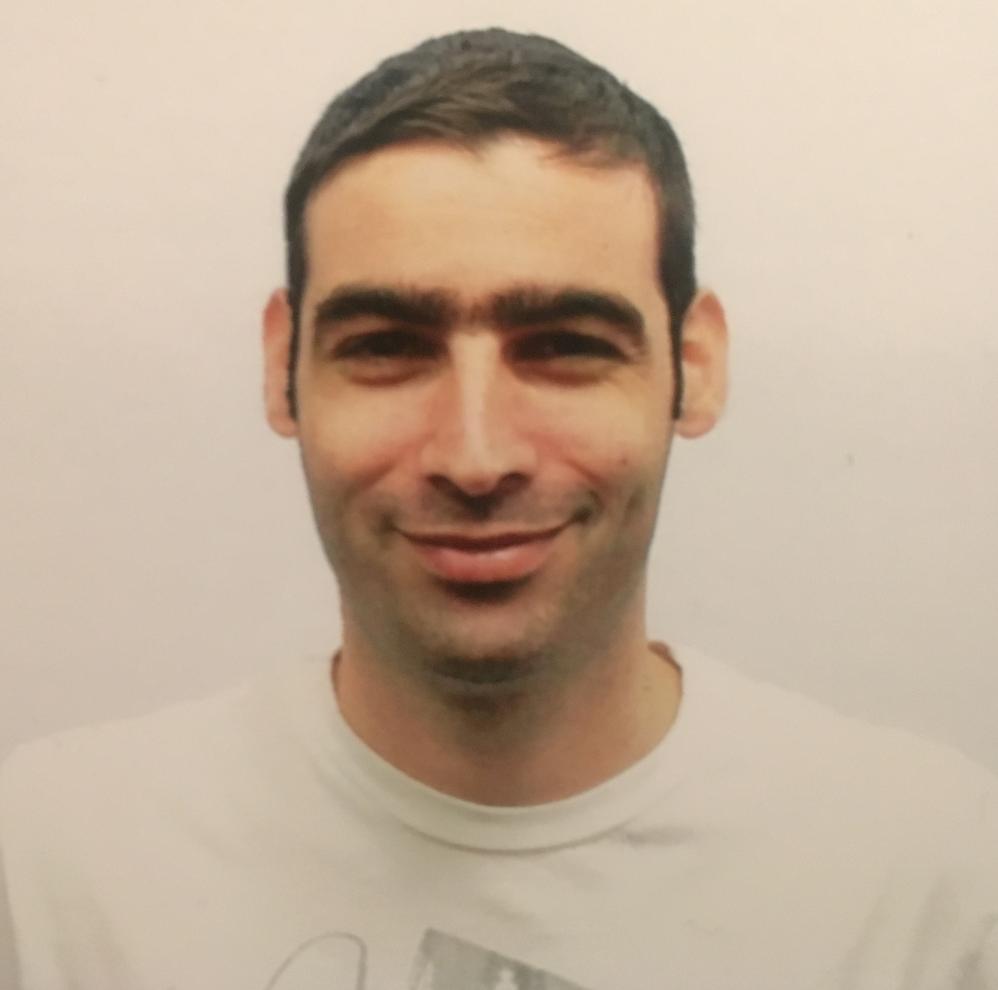
Idan Hod
Assistant Prof., Ben-Gurion University of the Negev
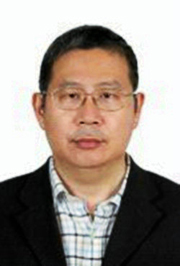
Tong-Bu Lu
Professor, Tianjin University of Technology
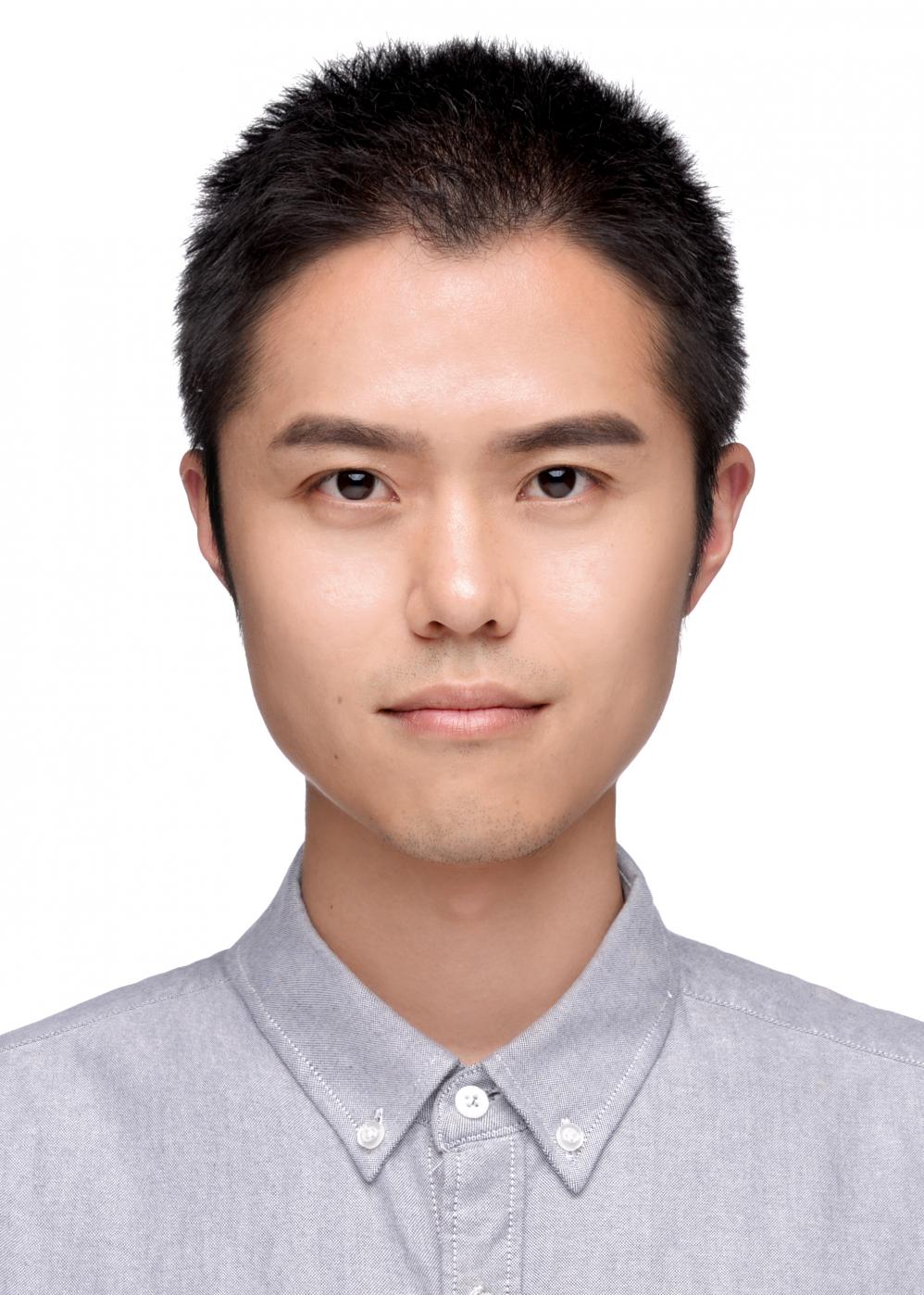
Shuang Xiao
Post Doctoral Fellow, The Hong Kong University of Science and Technology
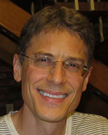
Victor Batista
Professor, Yale University
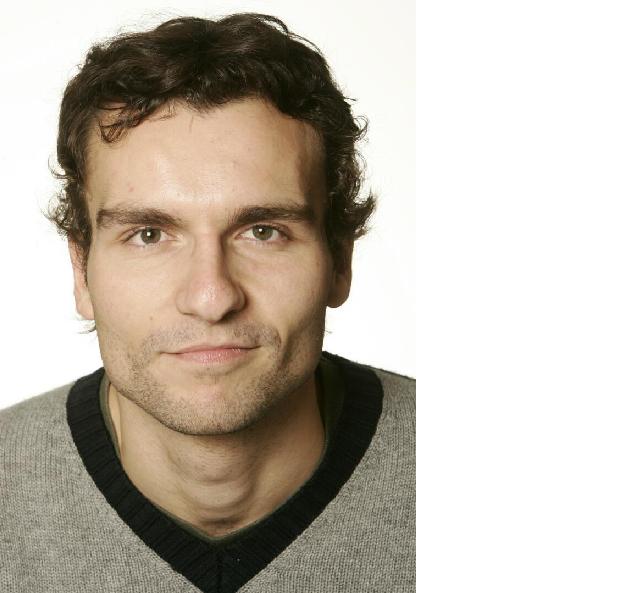
Albert Poater
Researcher, Universitat de Girona
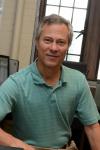
Gary Brudvig
Professor, Yale University
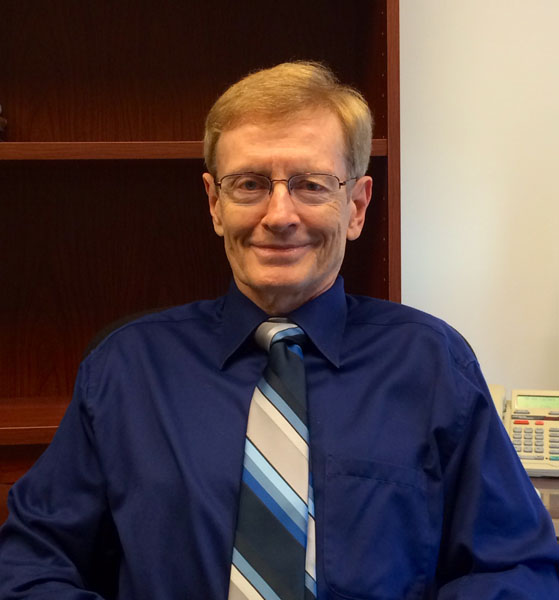
Craig L. Hill
Professor of Chemistry, Emory University
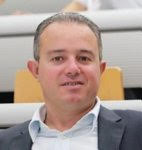
Filippo De Angelis
Research Director, CNR-ISTM
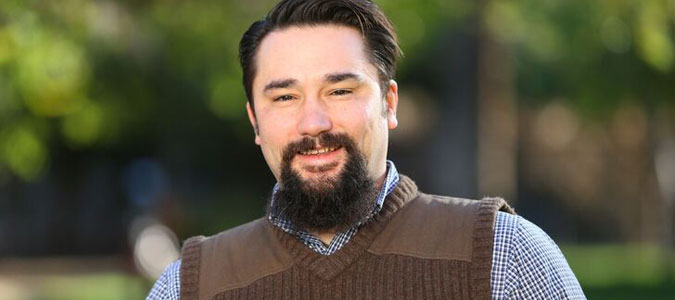
Gary Moore
Assistant Professor, Arizona State University
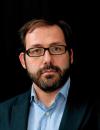
Victor A. de la Peña O'Shea
Head of the Photoactivated Processes Unit, IMDEA Energy
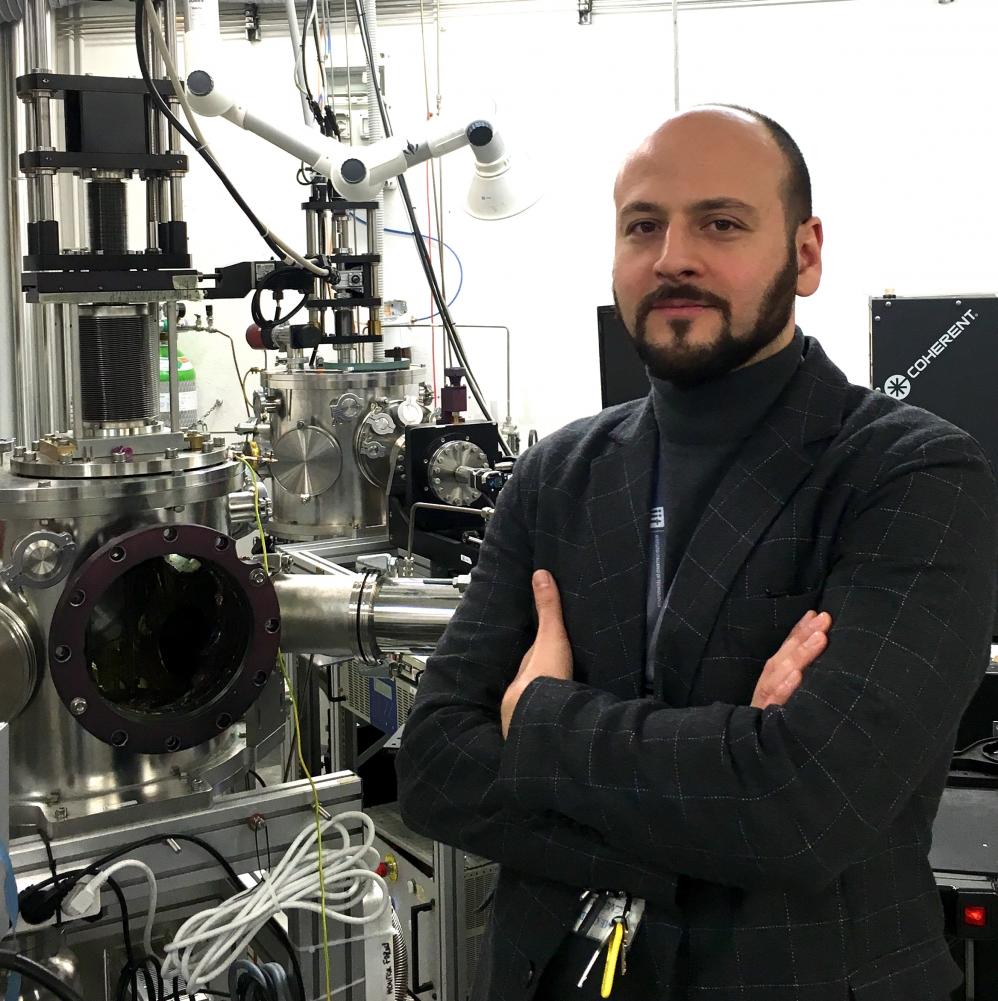
Fabio Di Fonzo
Team Leader, Istituto Italiano di Tecnologia
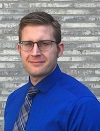
Coleman Kronawitter
Assistant Professor, University of California, Davis

Xiaojun Lv
Reasearch Associate Professor, Chinese Academy of Sciences

Philippe Schild
Senior Policy Officer, European Commission
Programme
FRIDAY 2ND MARCH 2018 |
|||
|
14:00 – 14:45 |
Registration & Reception |
|
|
|
14:00 – 14:45 |
Welcome Lunch |
|
|
|
14:45 – 15:00 |
Opening Comments by Jin Zhang & Antoni Llobet |
|
|
|
LIGHT |
|||
|
15:00 – 15:30 |
Dirk Guldi |
MOLECULAR SINGLET FISSION IN PENTACENE MATERIALS |
|
|
15:30 – 15:50 |
Dennis Friedrich |
CHARGE CARRIER DYNAMICS IN METAL OXIDES ABSORBERS FOR SOLAR FUEL PRODUCTION |
|
|
15:50 – 16:10 |
Victor Batista |
STUDIES OF NATURAL AND ARTIFICIAL PHOTOSYNTHESIS |
|
|
16:10 – 16:30 |
Yuan Ping |
LIGHT ABSORBERS, INTERFACES AND CATALYSTS FOR SOLAR-TO-FUEL CONVERSION: FIRST-PRINCIPLES CALCULATIONS |
|
|
16:30 – 16:50 |
Dongling Ma |
DESIGNING NANOSTRUCTURES FOR ENHANCING PHOTON HARVEST IN PHOTOCATALYSIS AND SOLAR CELLS |
|
|
16:50 – 17:10 |
Menny Shalom |
GRAPHITIC CARBON NITRIDE LAYERS AS LIGHT-HARVESTING SEMICONDUCTORS FOR PHOTOELECTROCHEMICAL CELLS |
|
|
17:10 – 17:40 |
Refreshments |
|
|
|
LIGHT II |
|
||
|
17:40 – 18:00 |
Jason Cooper |
NEW PERSPECTIVES ON THE TRANSIENT ABSORPTION SPECTRUM OF MATERIALS |
|
|
18:00 – 18:20 |
Coleman Kronawitter |
SPECTROSCOPIC INVESTIGATIONS OF HETEROGENEOUS PROCESSES FOR CARBON DIOXIDE REDUCTION AND WATER OXIDATION |
|
|
18:20 – 18:40 |
Jungki Ryu |
MODULAR PHOTOELECTROCHEMICAL DEVICES FOR SOLAR-TO-CHEMICAL CONVERSION |
|
|
18:40 – 19:00 |
Yung-Jung Hsu |
SEMICONDUCTOR NANOHETEROSTRUCTURES FOR PHOTOCONVERSION APPLICATIONS |
|
|
19:00 – 19:20 |
Lichang Wang |
UNDERSTANDING AND DESIGNING WANNIER EXCITONS IN ORGANIC MOLECULES |
|
|
19:20 – 19:40 |
Tanja Cuk |
OBSERVING THE MOLECULAR AND DYNAMIC PATHWAY OF WATER OXIDATION AT SURFACES |
|
|
19:40 |
Dinner at Leisure |
|
|
SATURDAY 3RD MARCH 2018 |
||
|
07:00 – 08:30 |
Breakfast |
|
|
WATER SPLIT |
||
|
08:30 – 09:00 |
Kirk Schanze |
CHROMOPHORE-CATALYST ASSEMBLIES FOR SOLAR FUELS |
|
09:00 – 09:20 |
Filippo De Angelis |
ORIGIN OF HIGH OPEN CIRCUIT VOLTAGE IN METAL-HALIDE PEROVSKITE SOLAR CELLS EMPLOYED IN PV-DRIVEN WATER SPLITTING |
|
09:20 – 09:40 |
Greta R. Patzke |
COBALT-BASED CUBANE WATER OXIDATION CATALYSTS WITH EDGE-SITE MOTIFS: BRINDGING THE GAP BETWEEN MOLECULAR AND HETEROGENEOUS CATALYSIS |
|
09:40 – 09:50 |
Molly MacInnes |
PROTON REDUCTION CATALYSIS AT A MODIFIED GALLIUM PHOSPHIDE PHOTOCATHODE SURFACE |
|
09:50 – 10:20 |
Group Photo & Refreshments |
|
|
10:20 – 10:40 |
Christopher Barrett |
PHOTO-RESPONSIVE AZO DYE MATERIALS FOR SUNLIGHT HARVESTING AND PHOTO-MECHANICAL ACTUATION AND DEVICES |
|
10:40 – 11:00 |
Daniel R. Strongin |
THEORY AND COMPUTATION WORKING WITH EXPERIMENT TO UNDERSTAND AND IMPROVE WATER SPLITTING CATALYSIS |
|
11:00 – 11:20 |
Mariachiara Pastore |
FIRST PRINCIPLE MODELING OF MATERIALS AND INTERFACES FOR SOLAR WATER SPLITTING |
|
11:20 – 11:40 |
Sayantani Ghosh |
PHOTOCATALYTIC WATER-SPLITTING DRIVEN BY PLASMONIC INTERACTIONS IN N-TYPE LOW DIMENSIONAL SEMICONDUCTORS INTERFACED WITH METALLIC NANOPARTICLES |
|
11:40 – 16:40 |
Lunch at Leisure & Free Time |
|
|
12:30 – 16:00 |
Group Snorkel Trip (signups required in advance) |
|
|
16:40 – 17:00 |
Gary Brudvig |
MOLECULAR CATALYSTS FOR WATER OXIDATION |
|
17:00 – 17:20 |
Albert Poater |
HOW THE O-O BOND FORMATION TAKES PLACES IN HOMOGENEOUS WOC |
|
17:20 – 17:40 |
Shuang Xiao |
NANOMATERIAL STRUCTURES AND INTERFACES FOR SOLAR FUEL PRODUCTION |
|
17:40 – 18:00 |
Kazuhiro Takanabe |
QUANTITATIVE APPROACHES FOR PHOTOCATALYTIC WATER SPLITTING |
|
18:00 – 18:30 |
Refreshments |
|
|
WATER SPLIT II |
||
|
18:30 – 18:50 |
Craig Hill |
STRONG-ACID-COMPATABLE, EARTH-ABUNDANT-ELEMENT, MOLECULAR WATER OXIDATION CATALYSTS |
|
18:50 – 19:00 |
Ting-Hsuan Lai |
AU@CU2SE YOLK@SHELL NANOCRYSTALS FOR PHOTOELECTROCHEMICAL WATER SPLITTING AND PHOTOCATALYTIC HYDROGEN PRODUCTION |
|
19:00 – 19:20 |
Xiaojun Lv |
ENHANCED WATER SPLITTING ACTIVITY USING THE NOBLE METAL FREE CATALYSTS |
|
19:20 |
Dinner at Leisure |
|
SUNDAY 4TH MARCH 2018 |
|||
|
07:00 – 08:30 |
Breakfast |
||
|
CO2 |
|||
|
08:30 – 09:00 |
Osamu Ishitani |
PHOTOCATALYTIC CO2 REDUCTION |
|
|
09:00 – 09:20 |
Victor de la Peña |
MULTIFUNCTIONAL MATERIALS FOR SOLAR FUELS PRODUCTION BY ARTIFICIAL PHOTOSYNTHESIS |
|
|
09:20 – 09:40 |
Elizabeth Papish |
CARBON DIOXIDE REDUCTION USING EARTH ABUNDANT METALS AND PROTON RESPONSIVE PYRIDINOL BASED PINCER LIGANDS |
|
|
09:40 – 10:00 |
Qingfeng Ge |
TURNING THE OXYGEN AFFINITY FOR SELECTIVE ELECTROCHEMICAL REDUCTION OF CO2 |
|
|
10:00 – 10:20 |
Tong-Bu Lu |
SYNTHESIS, STRUCTURE AND WATER SPLITTING PROPERTIES BASED ON GRAPHDIYNE MATERIAL |
|
|
10:20 – 10:30 |
Felix Schneck |
PHOTOCHEMICAL SELECTIVITY INVERSION IN CO2 REDUCTION ENABLED BY METAL-LIGAND COOPERATION |
|
|
10:30 – 11:00 |
Refreshments |
||
|
CO2 II |
|||
|
11:00 – 11:30 |
Heinz Frei |
HIERARCHICAL NANOSCALE ASSEMBLIES FOR THE PHOTOCATALYTIC REDUCTION OF CO2 BY H2O |
|
|
11:30 – 11:50 |
James Muckerman |
DEVELOPMENT OF A DFT MODEL OF THE MECHANISM OF SYNGAS PRODUCTION BY [Ru(tpy)(Mebim-py)(OH2)]2+ (tpy = 2,2′:6′,2′′-terpyridine; Mebim-py = 3-methyl-1-pyridyl-benzimidazol-2-ylidene) IN WATER |
|
|
11:50 – 12:10 |
Takahiko Kojima |
PHOTOCATALYTIC CO2 REDUCTION AND H2 EVOLUTION USING Ni(II) COMPLEXES AS CATALYSTS |
|
|
12:10 – 12:30 |
Connie Lu |
INNOVATING BIMETALLIC ACTIVE SITES FOR SMALL-MOLECULE CATALYSIS |
|
|
12:30 – 17:00 |
Lunch at Leisure & Free Time |
||
|
N2/H2 |
|||
|
17:00 – 17:20 |
Karen Mulfort |
MECHANISTIC INSIGHT INTO H2 PHOTOCATALYSIS BY A MOLECULAR COBALT MACROCYCLE |
|
|
17:20 – 17:40 |
Xuan Zhao |
ELECTRONIC AND STERIC EFFECTS ON CATALYTIC H2 PRODUCTION BY COBALT COMPLEXES WITH PENTADENTATE LIGANDS |
|
|
17:40 – 18:00 |
Etsuko Fujita |
HYDROGEN PRODUCTION AND STORAGE |
|
|
18:00 – 18:20 |
Sven Schneider |
CHEMICAL TRANSFORMATIONS OF N2 |
|
|
18:20 – 18:30 |
Sebastian Sprick |
CONJUGATED POLYMERS FOR PHOTOCATALYTIC HYDROGEN EVOLUTION |
|
|
18:30 – 19:30 |
Poster Session |
||
|
20:00 |
*Gala Dinner & Poster Awards* |
||
MONDAY 5TH MARCH 2018 |
||
|
07:00 – 08:30 |
Breakfast |
|
|
H2 |
||
|
08:30 – 09:00 |
Ron Naaman |
THE ROLE OF THE ELECTRON SPIN POLARIZATION IN WATER SPLITTING |
|
09:00 – 09:20 |
Jin Zhang |
SURFACE PASSIVATION TO STABILIZE ORGANO-METAL HALIDE PEROVSKITES FOR SOLAR ENERGY CONVERSION APPLICATIONS |
|
09:20 – 09:40 |
Fabio Di Fonzo |
STATUS AND PROSPECTS OF HYBRID ORGANIC-INORGANIC PHOTOELECTROCHEMICAL DEVICES |
|
09:40 – 10:00 |
Lionel Vayssieres |
ON THE STABILITY & PERFORMANCE OF LOW-COST DEVICES FOR SOLAR HYDROGEN GENERATION |
|
10:00 – 10:30 |
Refreshments |
|
|
10:30 – 10:50 |
Idan Hod |
ROOM-TEMPERATURE ELECTROCHEMICAL CONVERSION OF METAL-ORGANIC FRAMEWORKS INTO POROUS AMORPHOUS METAL SULFIDES WITH TAILORED COMPOSITION AND HYDROGEN EVOLUTION ACTIVITY |
|
10:50 – 11:10 |
Gary Moore |
MOLECULAR SURFACE COATINGS FOR APPLICATIONS IN ARTIFICIAL PHOTOSYNTHESIS |
|
11:10 – 11:30 |
Philippe Schild |
MISSION INNOVATION CHALLENGE CONVERTING SUNLIGHT: THE WAY FORWARD FROM THE EUROPEAN UNION PERSPECTIVE |
|
11:30 |
Closing Comments |
|
Supported by
Venue & Location
Fiesta Americana Condesa
This stylish hotel features contemporary Mexican architecture, including one of the largest and most impressive thatched-roof "palapas" in the entire country. There are cultural activities, arts and crafts and sports programs to keep you constantly entertained, plus time to relax and enjoy the Mayan culture, soak up the Caribbean sunshine and revel in the international ambiance that settles in after the sun goes down.
Throughout your stay delegates will enjoy a full meal plan, inclusive of beverages. Take your pick from the aromatic Asian delights at Kaumbu, traditional fare at El Mexicano, delicious international cuisine at Kalmia Buffet or perhaps sample the sumptuous Italian dishes at Rosato. There are also several other dining opportunities such as the Cevichería, Pizzeria, Sushi Corner, pool and lounge bar areas. The Gala Night with either a Mayan or Caribbean theme takes place on the third evening of the conference with a mouth-watering feast of local cuisine, an open bar and amazing local entertainment. We welcome all delegates and their accompanying persons to the Gala Night – a truly fun filled night not to be missed!
Hotel Facilities
- Lagoon Pool
- Extensive Health Club and Spa
- Complimentary Wi-Fi in guest rooms and throughout hotel and conference areas
The Fiesta Americana Condesa, Cancun is the 2015 Winner of the Trip Advisor Certificate of Excellence and also received the Travellers Choice Award in 2014.
The remains of ancient Mayan cities are scattered throughout the Yucatan Peninsula and no trip to Cancun would be complete without a visit to these majestic temples and pyramids set amongst lush tropical vegetation. We will be working very closely with a reputable tour company who will be organising trips to Tulum, Chichen Itza, Coba and Xcaret to name a few, some of which may require a full day. Full day excursions will be arranged pre or post conference and may be on an individual or group booking so we would recommend booking extra nights to extend your stay as early as possible to avoid disappointment should these excursions be of interest to you and/or your party. For further information please contact us.
General Information
Venue Rating
★ ★ ★ ★ ★
Currency
US Dollar (USD)
Address
Fiesta Americana Condesa, Blvd.Kukulkán km 16.5 Zona Hotelera, Cancun, 77500 Mexico
Nearest Airport
Cancun International Airport
Location
Cancun is a delightful combination of natural beauty, islands, ecological reserves and white sandy beaches. However, besides sun, sand and sea, this destination also offers an infinite variety of underwater activities to choose from: the diving, snorkelling and fishing here are outstanding and you will find an undersea world packed with tropical fish that live on the second largest barrier reef in the world. Sports enthusiasts might choose one of the many eco-tourism activities, such as cycling or hiking through the tropical forest or kayaking through mangroves, or something a little more adventuresome, like zip lining through the treetops.
Apart from the more well-known ancient Mayan archealogical sites such as Tulum, Cobá and Chichén Itzá you may like to visit the Aktun Chen caverns, voted one of the Top 10 underwater walks by National Geographic described as a truly magical experience.
Gallery
View on FlickrIf you are interested in this meeting but not yet ready to register, you can sign up for updates here and our team will keep you updated regarding deadline reminders and grant opportunities relating to this meeting only.
If you're interested in sponsoring this conference please contact us.
Conference Manager

Jack Peters
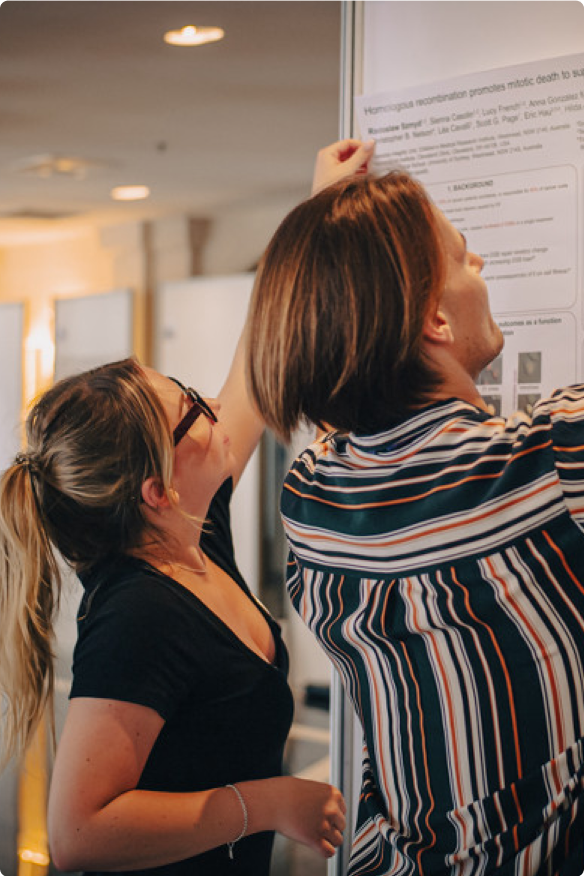
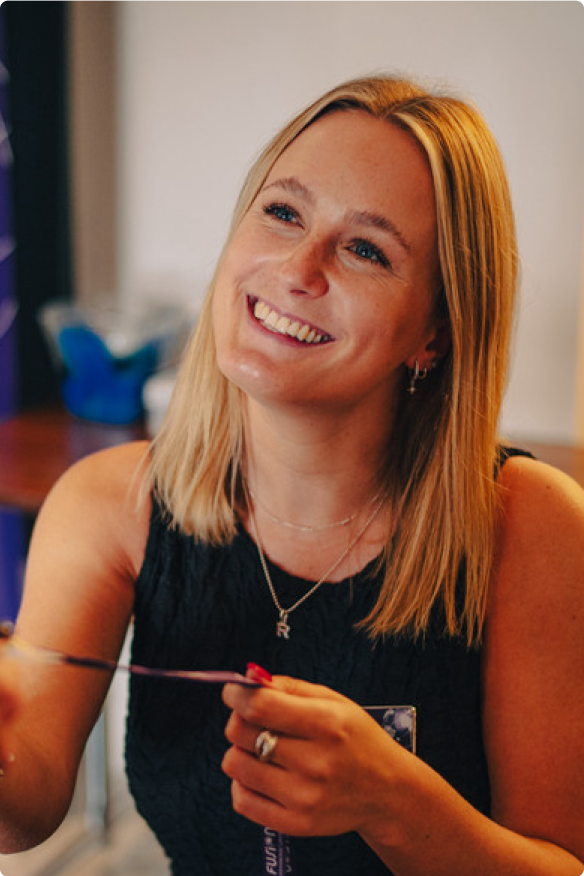
Need some help? Chat to the Fusion team today
As a family run business, our dedication runs deep. We’re committed to each other and, even more so, to every attendee’s experience, delivering a level of care and passion that’s truly unmatched.
